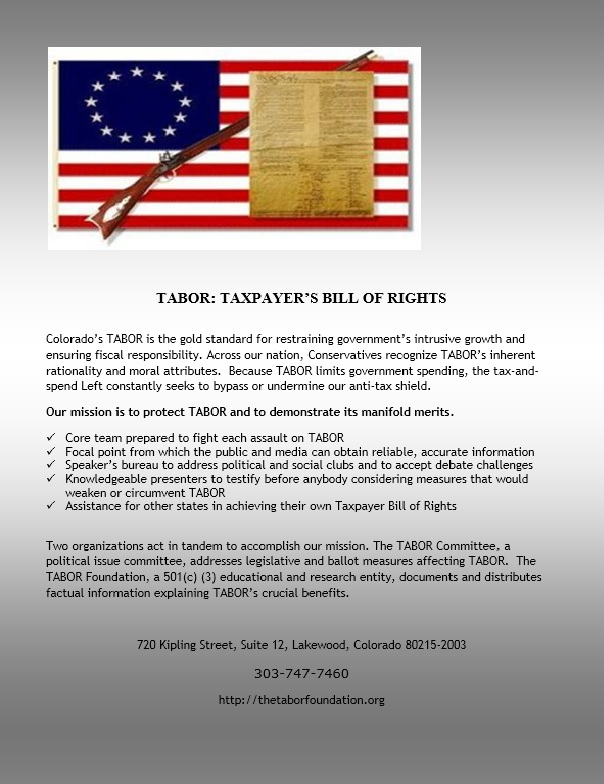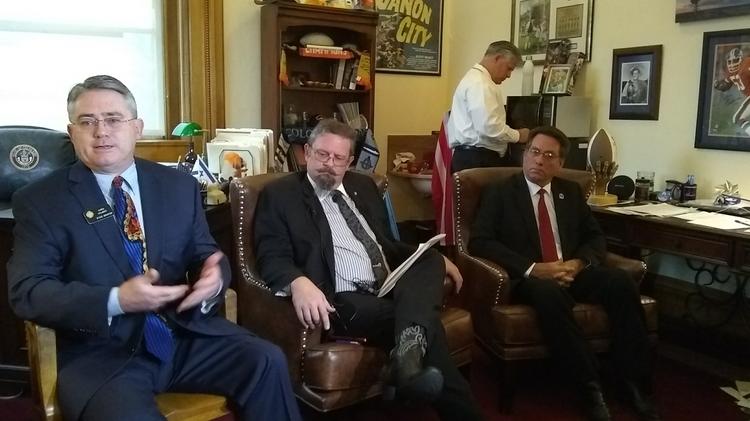Colorado’s Taxpayer Bill of Rights Should Be a Model for All States

In 1992, the Taxpayer’s Bill of Rights (TABOR) Amendment was adopted by Colorado voters to limit government growth and to put Coloradans in control of tax and debt increases. Under TABOR, the state and local government cannot raise taxes or increase the debt without voter approval.
TABOR is unique to Colorado. Currently, no other state in the union has a Taxpayer’s Bill of Rights.
There are important reasons why TABOR is not only justifiable, but necessary.
- More Democratic – Referendums are a more democratic way to make decisions on government spending. When it comes to raising taxes or increasing the debt, voters, not legislators—who may be beholden to outside interests—should have the final say. After all, taxpayers are ultimately the ones on the hook for tabs run up by the state. Remember the whole “No taxation without representation” thing? This is about the consent of the governed, a principle so important… it sparked the U.S. Revolution.
- Financial Freedom –Under TABOR, lawmakers lack the power to impose higher taxes without consent from the voters. As Grover Norquist, President of Americans for Tax Reform, put it:
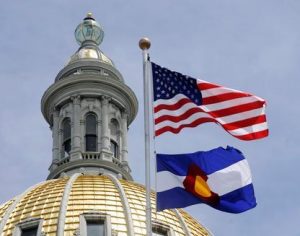
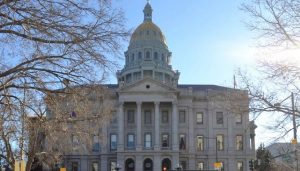

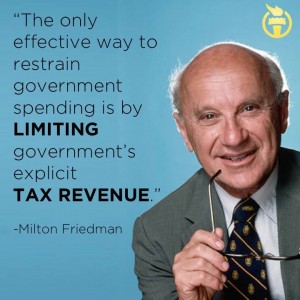 This morning the TABOR Foundation brought a lawsuit before the Colorado Supreme Court. As the Plaintiff, we have charged that both Denver’s Regional Transportation District (RTD) and its Scientific and Cultural Facilities District had violated the requirements of the Taxpayer’s Bill of Rights when they started imposing sales taxes on items that had been exempt; items that the Districts did not have voter approval to tax. The arguments were presented on appeal to the State’s highest court. Our Foundation was ably represented by attorney Steve Lechner of Mountain States Legal Foundation. He faced alone the four attorneys employed by the governments on the other side. Our side had lost at both the District (trial) level and at the Colorado Court of Appeals.
This morning the TABOR Foundation brought a lawsuit before the Colorado Supreme Court. As the Plaintiff, we have charged that both Denver’s Regional Transportation District (RTD) and its Scientific and Cultural Facilities District had violated the requirements of the Taxpayer’s Bill of Rights when they started imposing sales taxes on items that had been exempt; items that the Districts did not have voter approval to tax. The arguments were presented on appeal to the State’s highest court. Our Foundation was ably represented by attorney Steve Lechner of Mountain States Legal Foundation. He faced alone the four attorneys employed by the governments on the other side. Our side had lost at both the District (trial) level and at the Colorado Court of Appeals.